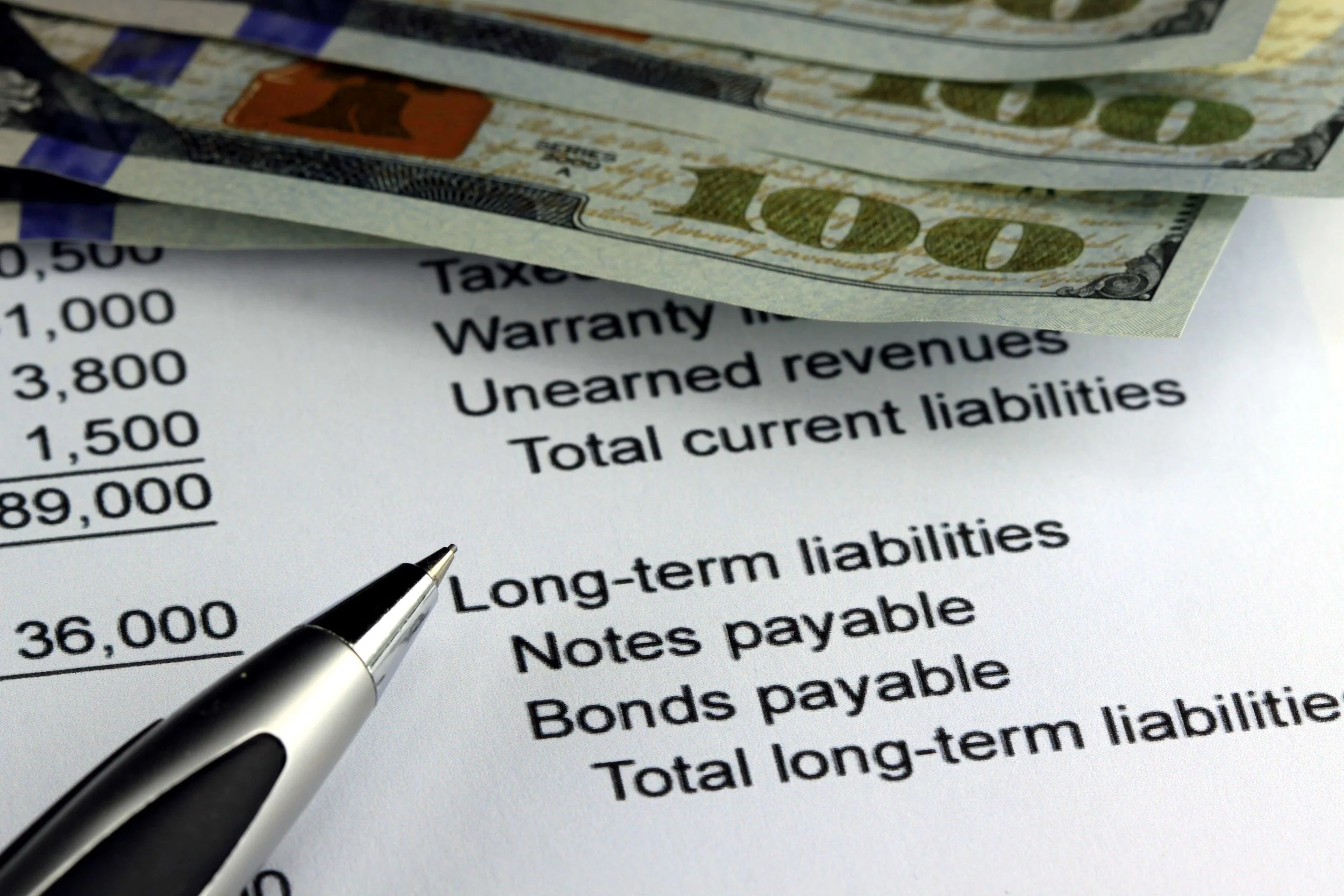Maximizing Your Success: The Power of a Skilled Business Broker
Selling a business is one of the most important financial decisions an owner can make. Whether you’re ready to retire, move on to a new venture, or simply test the market, a skilled business broker can dramatically increase your chances of success.
Business brokers specialize in guiding owners and buyers through the entire process of selling or acquiring a company. From confidential marketing to due diligence and closing, the broker acts as a trusted advisor to keep the deal moving forward while protecting your interests.
Who Does a Business Broker Represent?
Much like a real estate agent, a business broker typically represents one side of the transaction. In most cases, brokers represent the seller rather than the buyer.
Why? Confidentiality. Unlike selling real estate, advertising a business for sale publicly could damage relationships with employees, customers, vendors, or competitors. A broker’s role is to market the business discreetly and protect sensitive information while finding qualified buyers.
On average, a properly marketed listing generates 60–100 buyer inquiries over 3–12 months. From those, only a small percentage will be serious, financially qualified prospects. A broker’s network, marketing tools, and vetting process help narrow the field efficiently.
When a broker represents the seller of a business, their main responsibility is to identify potential buyers through various marketing channels, such as business for sale websites, digital marketing, and their own network. A typical listing generates 60-100 buyer candidates over the course of the sales process, which can last anywhere from 3-12 months.
Maintaining Confidentiality
Confidentiality is the backbone of a successful sale. A good broker ensures that only serious, pre-qualified buyers gain access to your company’s details.
Every buyer signs a Non-Disclosure Agreement (NDA).
Buyers provide background information and proof of financial ability.
Only then does the broker share a confidential business summary and limited financial data.
This screening process saves time, protects your business, and helps avoid unnecessary disruptions.
All buyers are required to sign a Non-Disclosure Agreement (NDA) and provide background information to the broker. This information helps the broker assess the buyer's experience level and determine if they are a good fit for the business. Once the buyer is approved, they are given a summary of the business and limited financial information to help them determine if the opportunity meets their criteria.
Buyer-Seller Meeting
One of the most pivotal steps in the sales process is the initial meeting between the buyer and seller. This 60–90 minute discussion, held either in person or virtually, allows the buyer to ask questions and understand the story behind the business.
Following this meeting, serious buyers often move toward submitting an offer. At this stage, brokers may also request proof of funds or financing commitments to reassure the seller that the buyer is qualified.
Due Diligence
After an offer is accepted, the transaction enters due diligence—the stage where the buyer “tests” the business.
During this phase:
Attorneys draft the Asset Purchase Agreement and related documents.
A secure data room is opened for reviewing tax returns, contracts, leases, payroll, and other critical information.
The broker coordinates communication, resolves issues, and ensures progress toward closing.
Strong broker management during due diligence can mean the difference between a deal that closes and one that falls apart.
Closing
The final step is closing. If bank or SBA financing is involved, approvals typically take 60–120 days. Transactions that also include real estate may take longer.
The broker works closely with lenders, attorneys, accountants, and both parties to ensure that all documents and conditions are in place for a smooth transfer of ownership.
Why Work with a Business Broker?
Industry data shows that only 10–20% of businesses sell without a broker. With a broker involved, that number jumps to 25–30% or higher.
A skilled business broker helps you:
Maintain confidentiality.
Attract and qualify serious buyers.
Negotiate favorable terms and price.
Manage paperwork and deadlines.
Keep the deal on track from start to finish.
Ready to Sell Your Business?
Contact Playbook Advisory today for a confidential consultation and learn how we can help you maximize value and successfully navigate the sale process.
📞 (773) 243-1603 | ✉️ info@playbookadvisory.com
Additional Reading:
7 factors to consider when selling your business?
When buying a business here are strategies that work
An example of purchasing a business with SBA financing


